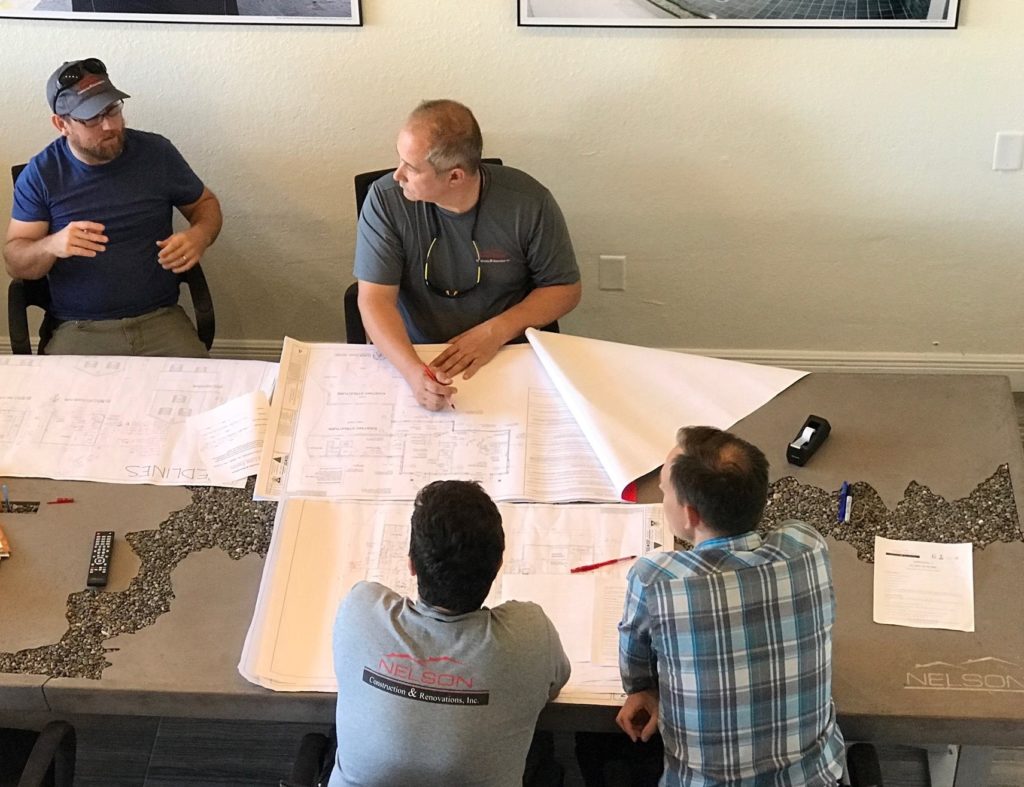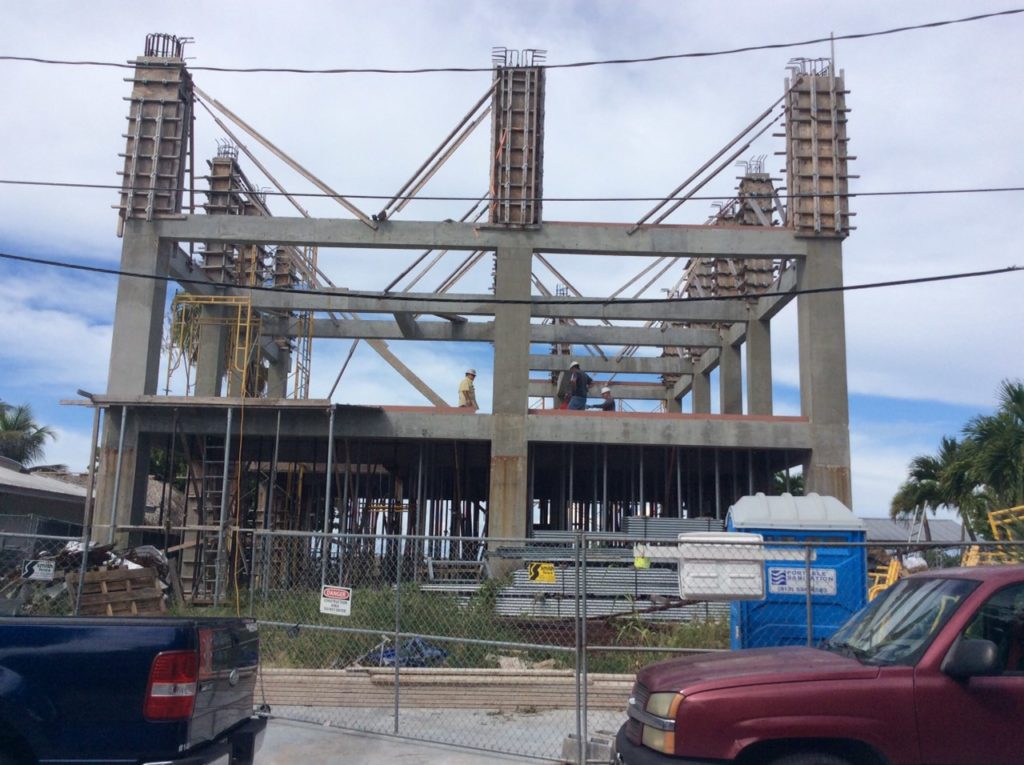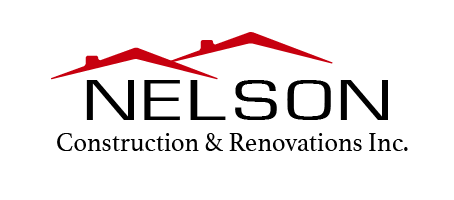
We get a lot of questions from homeowners about how to price their construction project. When it comes to custom home building, there is no “one size fits all,” cookie-cutter costing system. Every single project is unique and different – which means it involves its own design, its own construction practices, and thus its own unique price. But did you know that there are many different ways to get bids on your construction project? In this article, we will discuss two of the most popular kinds of construction contracts: lump-sum and cost-plus. It is important that you understand the difference, including the pros and cons of each, so that you can make the right decision when it comes to requesting financial information on your project.
Construction Contract #1: The Lump-Sum Model
A lump-sum contract is one in which the homeowner pays the contractor an agreed-upon price for a specific result.
Examples:
“Building and installing a set of custom cabinets for your kitchen will cost $25,000.”
“The cost to fabricate and install your countertop will be $6000.”
“This home addition will cost $150,672.50.”
“The cost to build this custom home, based on the blueprints you have provided, will be $750,000.”
Think of a lump-sum contract as similar to going to the store to purchase something. Items are marked with their prices, and that is what you pay. You do not need to know all the details of how the manufacturer and retailer valued their product – you just know what the price is. It is the same with a lump-sum contract in construction – you do not need to know all the details of how the contractor came up with his price, because you would need to understand the entirety of a construction project in order to do that. The contractor’s job is to understand the value of each one of his trades, from site work and masonry through framing and roofing and finishes, put his mark-up on the project based on the value of his service to you, and present you with a total price.
Here are a few pros and cons of the lump-sum model:
Pros:
- A lump-sum model makes it easier for you to get your project done under a certain budget. As long as you do not change anything during construction, or as long as there aren’t any unforeseen conditions, then the contractor is obligated to deliver what he promised for the price he gave you. Even if his tradespeople raise their prices, or his staff take longer to do their work, it will not affect you – he must still deliver the agreed-upon scope of work for the exact price he quoted. This minimizes your financial risk.
- You do not need to learn all about construction in order to understand the cost. Most homeowners do not need or want to know every single detail that goes into their construction project – that is the job of their contractor. They just want to know what product they will get for a certain price.
Cons:
- It is very difficult and costly to make changes to your scope of work after construction has begun. If you are the type of homeowner who likes to continue designing a project while it is underway, and will be requesting changes from your contractor, then you can expect a number of change orders – which add cost and time to your project.
- It is necessary to have every detail planned out before beginning your project. If you are in a hurry to get started, then the lump-sum model may not be for you. On a lump-sum contract, the planning and design phase can take a number of months or even a year or more, depending on the size of the project.

Construction Contract #2: The Cost-Plus Model
The cost-plus model presents a greater financial risk to the homeowner, but it also allows them to be more intimately involved in the accounting on their project. This is also known as the “open-book” method. In cost-plus, every single cost associated with the project gets charged to the client, plus an agreed-upon fee or profit markup on top of that for the contractor (usually a percentage). This means less risk for the contractor, but a tighter relationship between the contractor and the homeowner when it comes to managing the finances.
Here are a few pros and cons of the cost-plus model:
Pros:
- You can be more involved in decisions such as using the highest-quality materials, since you are paying for them directly and it is not coming out of the contractor’s paycheck.
- You can continue to change and develop the design of your home along the way, since you and the contractor both know that all costs are being paid by you.
- You can be the final say on which subcontractors and vendors are hired on your project. On a cost-plus contract, your contractor will be presenting you with multiple bids on each trade. You will be able to select a tradesperson/subcontractor based on price and quality. In other words, you have more control over your project. (You still have to conform to building codes and the laws of the land when it comes to hiring licensed companies with workers comp, insurance, and so on. Your contractor will ensure this is done properly.)
Cons:
- Greater financial risk to you. If bids come in higher than expected, or prices of materials go up, or a subcontractor has to be fired and replaced with a new company (which is always more costly), or any of the other myriad of things that can come up on a construction project, you will be expected to pay for them. This is different from a lump-sum contract, in which this financial burden is placed on the contractor, thus insulating you from it.
- You will have to spend more time being involved in the project. Since you will be expected to approve bids, materials costs, and otherwise participate in the accounting and money management of your project, you will need to be a lot more involved than if you hired a contractor under a lump-sum contract. If you are a designer or have done construction yourself, however, you may prefer it this way.
In the end, the type of construction contract you and your contractor choose will be based on the scenario, and how involved you want to be in the financial management of your project. In either case, it is important to choose a contractor who will work with your needs and wants in a way that results in a true win-win.

If you’d like to see more videos on construction, construction tips, renovating, remodeling home additional, design-build and design tips subscribe to our YouTube Channel!
Nelson Construction and Renovations, a family business founded in 2006, is a design-build company that specializes in high-end remodels, home additions, and custom homes. With our headquarters in Clearwater, Florida, we serve homeowners all over Pinellas and Hillsborough Counties. We are an award-winning member of the National Association of the Remodeling Industry and have an A+ rating with the Better Business Bureau.
Creative Commons Attribution: Permission is granted to re-post this article in its entirety with credit to Nelson Construction and a clickable link back to this page
